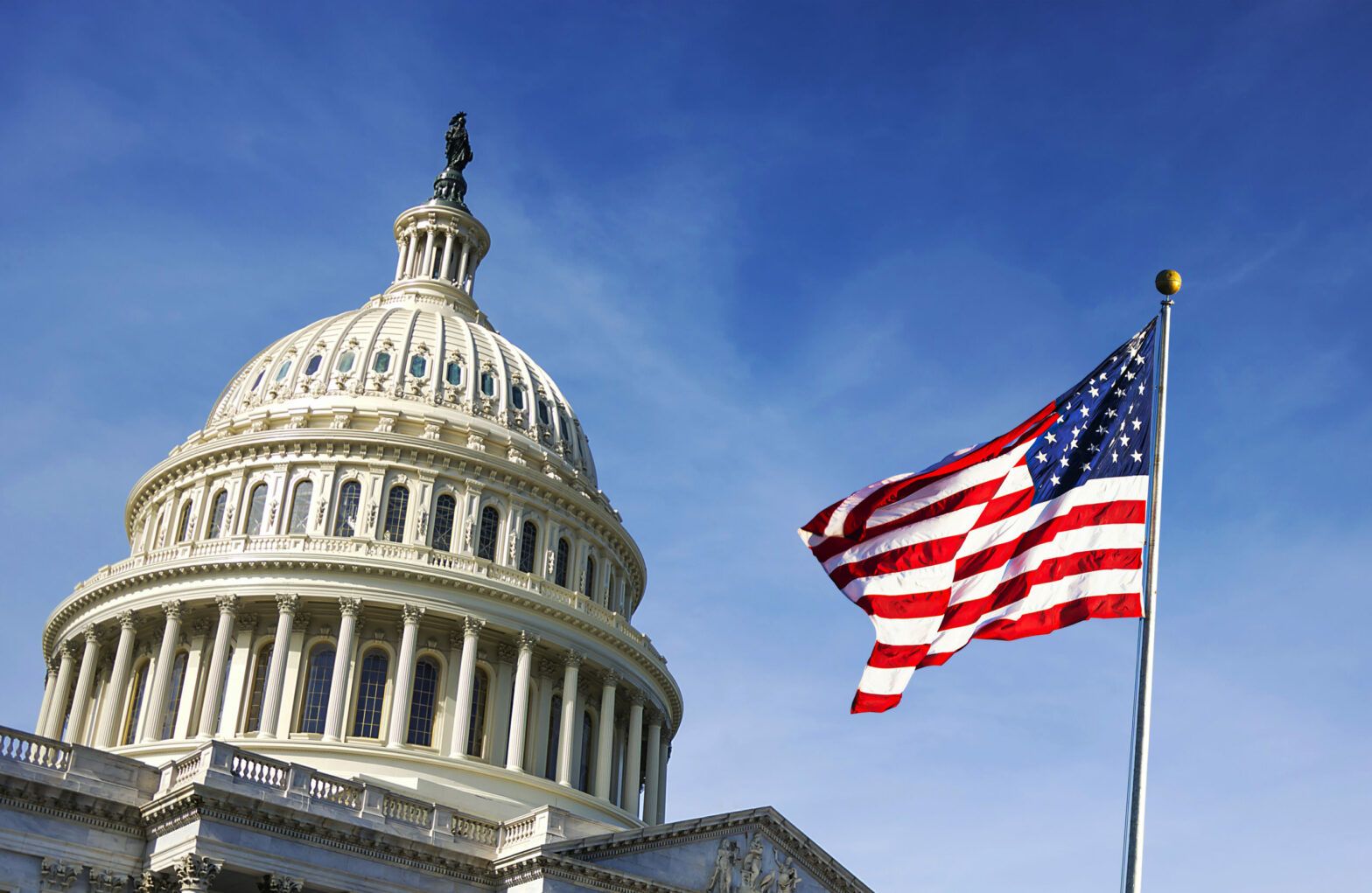The outcome of the US presidential election is likely to have a notable impact on the country’s plans for tackling environmental issues and climate change.
At the time of writing the presidential result is still uncertain. Also uncertain is the outcome of the Senate race, which was predicted to be a Democrat victory. “This could make environmentally friendly policies difficult to push through given the Republican record on things such as climate change,” Stuart Clark, portfolio manager at Quilter Investors, told ESG Clarity.
With this in mind ESG Clarity has rounded up what industry experts have said about the outlook for ESG investing.
Clean energy
Earlier this month, Quilter Cheviot’s director of responsible investment Gemma Woodward outlined Biden’s ambitious programme for tackling the climate crisis.
“His plan includes a $2trn clean energy and climate change package that would be spent over four years; supporting renewable power, overhauling heavy industry, transportation and electricity,” she said.
“Biden’s goal is a carbon and pollution-free power sector by 2035, with net-zero emissions throughout the economy by 2050.”
Green bonds
Johann Plé, green bonds strategy manager at AXA Investment Management, said green bonds may be used to achieve these goals.
“Biden’s clean energy plans, alongside his pledge to sign the US back up to the Paris Agreement on the first day of his presidency, will have a seismic effect on the green bond market,” he said.
“The proposed deployment of his $2trn investment pledge could very likely in part be funded by green bonds. We have seen this through the EU Recovery Fund, a €750bn recovery effort to help the EU tackle the crisis caused by the Covid-19 pandemic, 30% of which is due to be issued via green bonds.”
Sustainable food
Megatrends in ESG should continue despite the outcome of the election. “While a Biden presidency would have particularly benefited stocks associated with the climate agenda (including those exposed to sustainable food) and would have potentially supported greater Federal- and state-sponsored research into cannabis for medicinal use, support for these themes will continue one way or another,” said Rahul Bhushan, co-founder of Rize ETFs.
Green infrastructure
“Trump has touted a $1trn infrastructure plan, but that has meant just $200bn of federal government money over 10 years, with $200bn from state and local governments, and the rest from the private sector,” Ed Smith, head of asset allocation research at Rathbones, wrote in ESG Clarity.
“Biden on the other hand has tabled $1.3trn of federal spending on infrastructure, matched by another $5trn from state and local governments and the private sector. Trump makes their scale sound similar, but they are quite different, although it is unlikely Biden could find enough shovel-ready projects in his first term. Since July, Biden has also referred to plans to oversee $2trn of spending on clean energy and infrastructure over the course of his first term. It’s unclear how these plans interact.
“Biden’s green infrastructure push would require a Democratic clean sweep. It’s designed to bring the US to net zero emissions by 2050, and by 2035 in the electricity sector. Designed correctly, such a bold target could boost the economy.”
Electric vehicles
Smith also highlighted the differences in Trump and Biden’s plans for electric vehicles. “Electric vehicles are prominent in Biden’s plans: he envisages a cross-country network of 500,000 charging stations. He proposes rebates and incentives to swap older, fuel-inefficient vehicles for new, clean models (so long as they are American–made, of course), and would offer the auto industry various other subsidies and investment credits. He plans to restore the full electric vehicle tax credit and modify it to target middle–class consumers. Conversely, Trump plans to remove the plug-in electric vehicle credit.”








